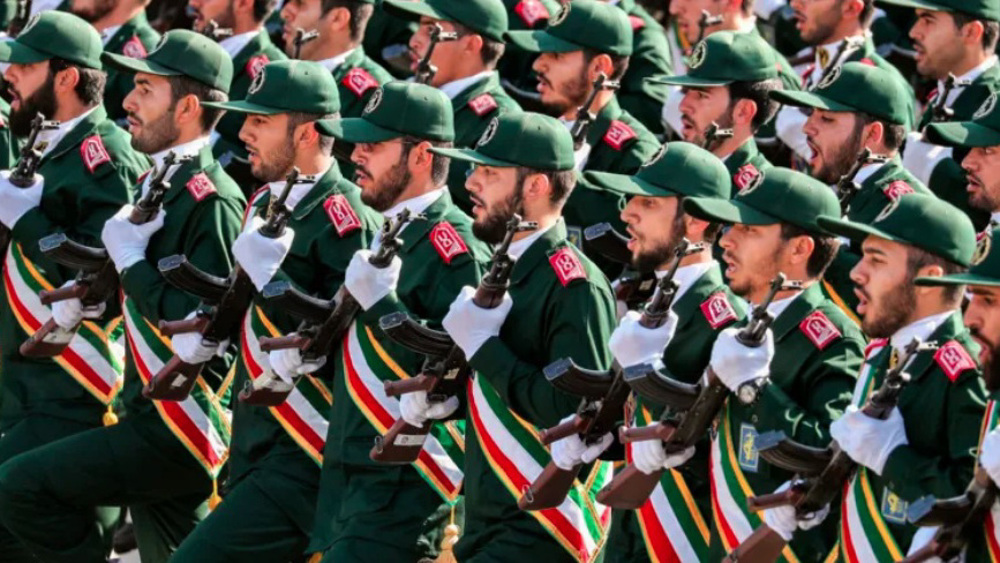West still preferring regime change in Syria: Analyst
Press TV has interviewed Jeffrey Steinberg, senior editor of Executive Intelligence Review in Leesburg, to discuss the parliamentary election in Syria.
The following is a rough transcription of the interview.
Press TV: I have to say that you are looking at a country of five years of war with all these deaths and yet you have a glimmer of hope from the peoples who are coming in and voting. Why is it that this voting process and elections are being put down by countries like the US and Germany who are saying that these elections really do not mean a thing?
Steinberg: Well number one, you still have major political circles in the West including unfortunately in Washington who still prefer, even though they profess otherwise, who still prefer regime change. Remember President Obama famously in the summer of 2011 announced that Assad had to go.
Here we are five years later, Assad is still there, the country has been devastated by various foreign forces that have been essentially supporting that regime change agenda and of course since the Russian intervention last September, the tide has turned dramatically in the military situation. We are probably on the verge of seeing the re-consolidation of control over all of Aleppo, Homs is under government control, Latakia and obviously Damascus, so something like near 90 percent of the population still in the country is living in areas that are under government control and protection.
So I think it’s a tribute to the fact that there has been a dramatic shift and yes, I know your correspondent pointed out that the ceasefire is holding and that is obviously an important part of the whole process, so I think that President Assad is acting as any sovereign head of state would act, complying with the constitution, complying with the election law schedule and that is very upsetting to certain people in the West who never thought they’d be seeing a situation in 2016 where the existing government, the existing constitution of Syria, is still in place and actually consolidating control over more and more of the country.
Press TV: It is very interesting and I do not know if you can clarify this for us but how would you describe the relationship that the United States has with Saudi Arabia in terms of the technicalities when it comes to Syria? Can the US dictate to Saudi Arabia what to do and what not to do because we are looking right now at this possibility of these 10,000 Jabhat al-Nusra terrorists in northern Aleppo who may converge there and it is said that they just got refreshed with lots of ammunition and supplies? I mean overall, can the US dictate terms to Saudi Arabia when it comes to Syria?
Steinberg: Well one of the things that has happened pretty dramatically here in the United States just since Sunday is that the issue of Saudi involvement in the original September 11, 2001 attacks on New York and Washington has become a major news item. “60 Minutes,” the most widely watched news magazine show in United States aired a 20-minute report on the 28 pages from the original congressional investigation that documented Saudi funding and logistical support for those al-Qaeda terrorists, and this is causing an enormous stir and the show was broadcast intentionally ten days before President Obama goes to Saudi Arabia to meet with the Saudis and the other [P]GCC leaders.
So I think if anything, the Saudis have been put very much on the defensive because anyone knows, who has closely followed the emergence of the Islamic State, the evolution of al-Qaeda into the Nusra Front, the spread of ISIS (Daesh) into Africa, knows that it is Saudi money and Saudi logistical support that is backing this up.
So the question that it is really on the table is how can the United States in any way, shape or form justify maintaining a special relationship, an alliance relationship, with a country that has got blood on their hands from 9/11?
So I think that this is a new element in this equation. President Obama, like Bush before him, has covered up this Saudi involvement in 9/11 but now it is out there for everybody to consider.
Nancy Pelosi, the former speaker of the House, said declassify the evidence now even before President Obama goes to Saudi Arabia in seven days from now, so it is a changing landscape.
VIDEO | Declared dead, found breathing: The miraculous survival of Najwa after Israeli bombing of Gaza
Israeli solar projects in West Bank expand illegal settlements: Report
Shift in multi-tier forex rate to improve economy
VIDEO | Press TV's news headlines
Zelensky’s name appears over 50 times in Epstein files: Opposition leader
Tehran rejects Trump’s riot death toll, demands proof
VIDEO | Police battle opposition protesters in Albanian capital
Israeli expansion across West Asia would be ‘fine’: US envoy














 This makes it easy to access the Press TV website
This makes it easy to access the Press TV website